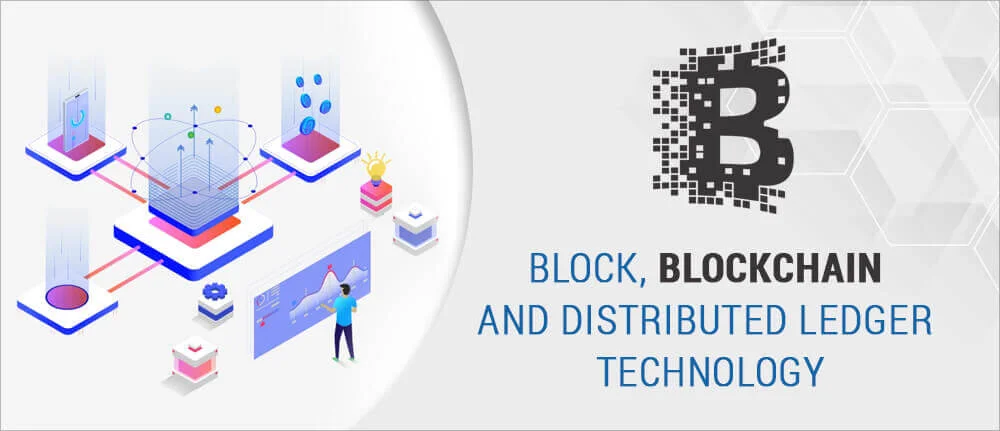4 Types of Healthcare Analytics with Examples & Success Stories
You already know how healthcare creates tons of clinical data every day. Patient visits… Labs… EMRs… doctor portals… scheduling systems… everything is generating numbers nonstop. But...
Listening is fun too.
Straighten your back and cherish with coffee - PLAY !

When it comes to the latest innovative technologies which made a path-breaking impact on the digital world, the Blockchain would be the one that clicks our mind. It is gaining great traction because of its impeccable advantages. The best thing about Blockchain is that it is impossible to hack. Underpinning the cryptocurrencies like Ethereum and Bitcoin with it, Blockchain has gained a splendid success across different verticals. In fact, there were number of innovative blockchain ideas were presented but most of them are still unproven and hypothetical.
Blockchain is a distributed ledger and it maintains the transactions list across networks that are linked to thousands of computers. Any alterations made while transactions could be visible publicly at all the connected nodes.
Blockchain being a terrific alternative to the traditional currency, handling the financial transaction, decentralized banking system, it made an outstanding impact over various industrial verticals like Healthcare, Banking sector, Blockchain Software development companies , etc.
Let us understand bit deeply about Block, Blockchain, and distributed ledger technology.
In layman’s term, the ledger is a set of records that helps keep track of all business financial activities in an Organization. In other words, Ledger is a database where confirmed and validated transactions are recorded.
E.g. When Alex sends US $4 to Bob, it passes through the central system like bank and bank records these transactions in a centralized database called ledger of the bank.
Distributed ledger, as defined by Blockchain consulting companies, is a technology where a database is stored across nodes. The node can be a website, regions, or participants. A distributed ledger is decentralized unlike a centralized database in most of the companies use today. The removal of intermediaries is the most appealing and exciting part of distributed ledger technology. DLT is based on Peer to Peer (P2P) network concept. (Bank, 2017) defines DLT as a new and fast-evolving approach to recording and sharing data across multiple data stores (ledgers). Each data store is termed as Ledger. Each ledger has the exact same data records and is collectively maintained and controlled by a distributed network of computer servers known as nodes. In layman’s language, DLT is nothing but a distributed database with some properties.
In 2008, an unidentified person with pseudonym Satoshi Nakamoto, published a paper “Bitcoin: A Peer-to-Peer Electronic Cash System” and proposed a new way of currency transfer in the form of “Bitcoin” using Peer-to-peer network. Satoshi named underlining architecture and technology as Blockchain, which outlined the principles and methods of organizing and storing online transactions to allow online currency transfer from one beneficiary to other directly without the need of any intermediaries like Bank, etc.
The Blockchain is a special type of distributed ledger technology that uses cryptographic algorithms to create and verify a continuously growing data-structure also referred as Block that makes a chain of such transaction blocks and thus it is termed as Blockchain.
The above diagram shows a set of blocks interconnected and is an ever-growing chain of blocks. This is a simplistic view of Blockchain.
Block is a set of validated transactions and pointing to the next block in the Blockchain or we can term it as a container data structure. It is stored at each of the nodes on the network (in case of bitcoin). Each block contains three items.

You already know how healthcare creates tons of clinical data every day. Patient visits… Labs… EMRs… doctor portals… scheduling systems… everything is generating numbers nonstop. But...

Let’s keep it simple. In healthcare, trust, safety, and human dignity come first, no matter what solution you build. The same applies to AI. Today, it is everywhere, from clinics...

Let's keep it real. The whole point of building autonomous Agents is to cut manual work and keep focus on business. Approvals that used to take days can happen in hours because...